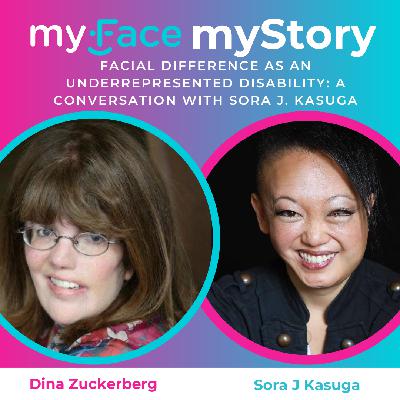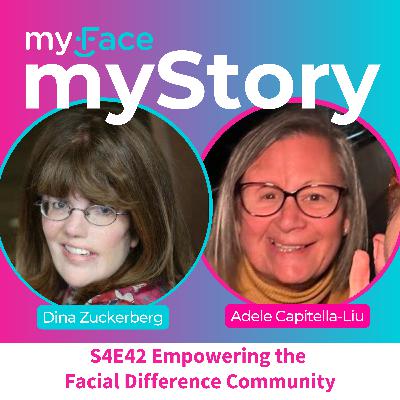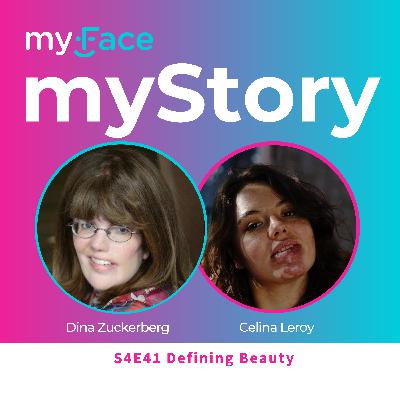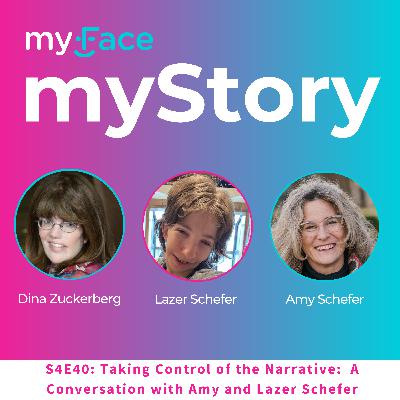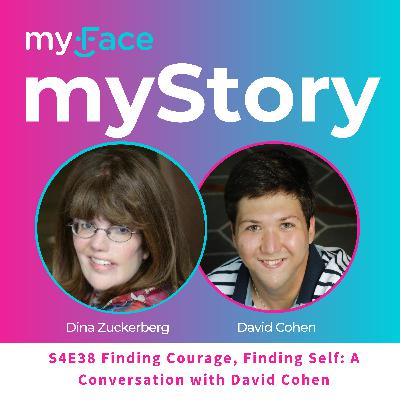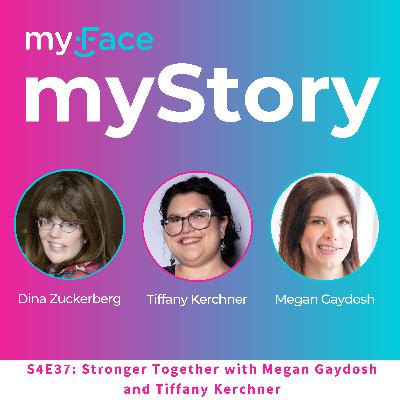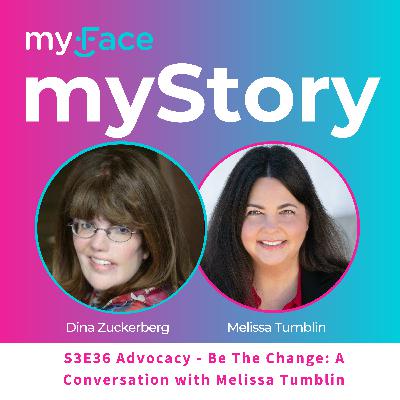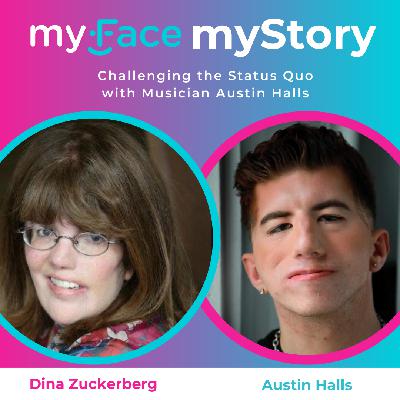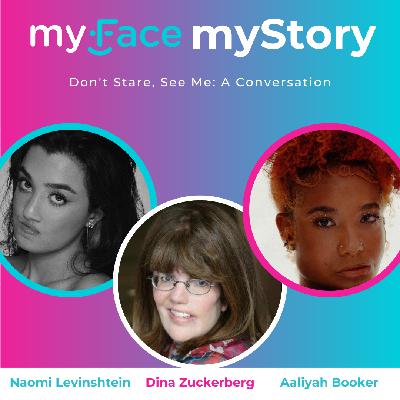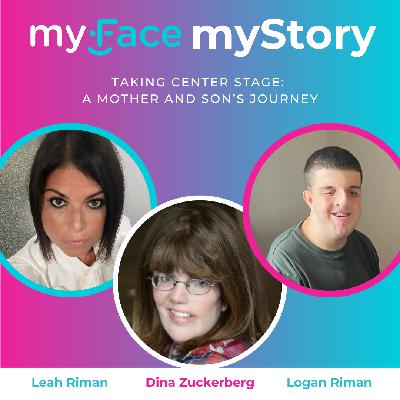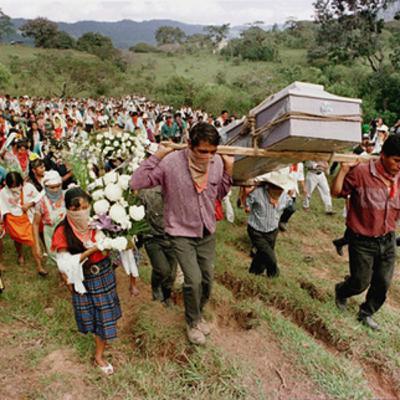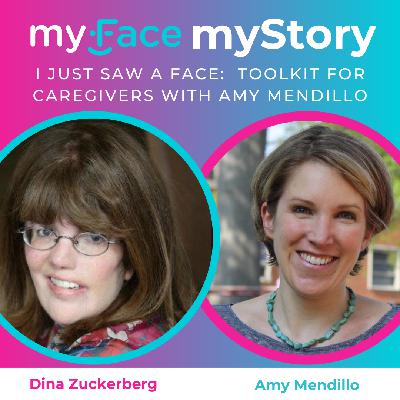Facial Difference as an Underrepresented Disability: A Conversation with Sora J. Kasuga
Description
Host Dina Zuckerberg sits down with Sora J. Kasuga, Face Equality Activist, to discuss her intersectional experience of living with multiple marginalized identities including being Japanese-American, neurodivergent, queer, and having a facial difference (lymphatic malformations and venous malformations on the left side of her face). Sora shares her journey of finding her voice as a disability justice and face equality activist, loving herself more, and how she hopes to instill that passion in others. The two also discuss understanding how others perceive our worth versus how we perceive our own worth, as well as Sora's wish to come together as a community to be visible and be activists on the world stage.
- [Announcer] Welcome to myFace, myStory: Voices from the Craniofacial Community, with your host, Dina Zuckerberg.
- Hello, and welcome to myFace, myStory: Voices from the Craniofacial Community. Whether you're watching on YouTube, or listening on Apple Podcasts, click subscribe now so that you'll never miss a future episode. And if you're a fan of myFace, myStory, rate and review the program on Apple Podcasts so that we can get our message of inclusivity and empowerment to more people. I'm your host, Dina Zuckerberg, the director of Family Programs at myFace. I was born with a cleft lip, a hearing loss, and no vision in my left eye. myFace, myStory is about people like us being seen and heard, about sharing stories within the craniofacial community, and with others. Today, I will be joined by Sora J. Kasuga. Sora J. Kasuga, they she, is a face equality activist, writer, speaker, circus artist, and co-founder of CirqOvation. Their activism is fueled by the historical and present context of their many identities, Japanese-American, disabled disfigured, neurodivergent, and queer. Sora's advocacy aims to break down societal barriers, and bring awareness to the human rights issues at stake for those with facial differences. Throughout her 15 year career as a performer in the entertainment industry, she's experienced firsthand the ironclad system that erases and denigrates people with physical differences, starting with the lack of positive representation for facially different people, onstage, onscreen, in print, and throughout the media atmosphere. In a society built on shutting certain people out, Sora reaches for an inclusive world that emerges stronger because of our differences, not despite them. Welcome, Sora. I really look forward to our conversation.
- Aw, hi Dina! It's so good to be here. It's good to see you.
- Yes. I'm excited for our conversation. So, can you share with the audience about your facial difference, and describe your differences for those who may not know what it is? And how many surgeries have you had?
- Sure, yeah. So I was born with a couple rare conditions. I had venous and lymphatic malformations throughout my face, like on my eye, and on my tongue, and on the left side of my cheek, and the chin area. And you know, it's so weird, I usually don't lead with how many surgeries I've had, just because most of my surgeries were aesthetic. They weren't to help with, I mean, not all of them, but most of them were aesthetic. And I always feel a little weird, because I'm like, well, I had a certain number, you know, I did have a lot of surgeries. It's so weird, because I feel like that feeds into the medical model, and it's like, this is a personal thing for me. This is not right or wrong. I'm not, it doesn't come with judgment or criticism, but for me, I'm just like, oh well, you know, I am very, I feel very complicated about the surgeries that I had in my life. It's not all good, it's not all bad, but it's just very complicated for me.
- Right. No, I understand. I understand. So what was your childhood like for you, and what was your family like?
- My mom wanted to give me the most typical childhood possible. My mom, my whole family. And so I felt that love and support throughout my life, and I was, my mom was always saying you're normal, which is absolutely not true, but really wanted to give me that sense of just being a typical kid, and so I grew up not feeling any barriers, or I did, but just always trying to push through them, and I developed habits, right? So when I would walk into a room, I would look straight ahead, so I would block out a lot of the noise that I think a lot of other people in our community really took in, and I very consciously, I was just like, no. Tunnel vision, right? So if I walk into a room, I would look at where I was going, and I would just block everything else out. I'm also very good at suppressing things, which is a, that's not something to be proud of, but it's a survival technique that developed within me as a kid. And so the ability to block things out and suppress emotions, which years of therapy have helped to unlock that later in life, and work through those things, but yeah, so you know, growing up, I always think back, and as a kid, I really felt like I had a typical childhood, looking back as an adult and reflecting, now I know that it was not a typical childhood that I had, and that I had to develop a lot of survival strategies. But I had such a supportive community around me that it made it a lot easier.
- I can relate so much to what you're talking about, that sort of sense of normal childhood, the sense of being able to do, being told I could do whatever I wanted, but also the idea of suppressing emotions, and all of that, and just what you just said, I can relate so much to.
- Did you have siblings, Dina?
- Did I have what?
- Or, did you. Do you have siblings?
- I do, I have an older brother who's seven years older.
- Oh yeah? Was he like, he was super supportive also?
- Yes. And he was, I think, very much, I don't really quite remember, but I think very much a protector of me, you know? Especially when I was younger. Yeah.
- Yeah, I felt, you and I are similar. My sister is only three years older than me, but she was my protector, and she always was so kind, and just let me hang out with her and her friends, even though I was the annoying kid sister.
- Right.
- Right? Like, she was always just like, ugh fine. And would let me come along. And was just always very welcoming, and also protective. So it was really, yeah. That's the kind of community that I want for everyone.
- Yeah. I agree.
- Which unfortunately is not what everybody gets, but you know. I hope that we can move towards that.
- Absolutely. So as a kid, did you want to run away with the circus?
- No. I had no idea. I had no designs. I remember watching, my grandfather took me to go see Ringling Brothers, and Barnum & Bailey, as a kid, he took my sister and me. And I remember watching the trapeze artists, and the showgirls, and being like, oh, that looks like fun. But it was never like, anything in my brain that I could ever become a performer. I was actually on the fast track to becoming a doctor. So like, from the age of three, my grandfather was a doctor. He worked with the public health service, and I wanted to follow in his footsteps. I really wanted to heal people, and do good for humanity, and I thought being a healer would be that. And so that was my goal, through college. And then college, everything changed.
- Right.
- Everything, college, and a few major life events led me in a different direction, and then from that, I was going into the ministry at one point. I left that life path, and from there, I discovered circus. And I discovered, and this is all, this feeds into supportive community, right? And so in Cleveland, I found, I had always been a dancer. I loved dance as a kid. It just made me feel so strong and so powerful, to dance, like I felt like, and maybe this is the wrong mindset, wrong, but it wasn't, it was a way that I felt empowered as a kid. Like, when I was on stage I felt like, well when I'm on stage, people can see what I do, not my face, right?
- Right.
- Which is not quite what, like now looking back, I'm like, oh, that's not quite what I want for my childhood self. What I wish is that people would just look at everything, accept me for everything I was, and value that I was a dancer. Because I showed up at the studio, and I decided that I wasn't going to leave until they let me perform with them. And so I just kept on showing up until I became part of the company, and started gigging with them. They gave me my first professional contracts, and they gave me all the tools to become a freelancer. And they were incredibly empowering for me. Like, my face was never an issue with them. Never, not once was I asked critically about my face. You know, as we got to know each other, and share stories, it came up. But it always does when we're with our family and friends who really care, right? But it wasn't the thing that was on the forefront of their mind when I showed up at the studio.

